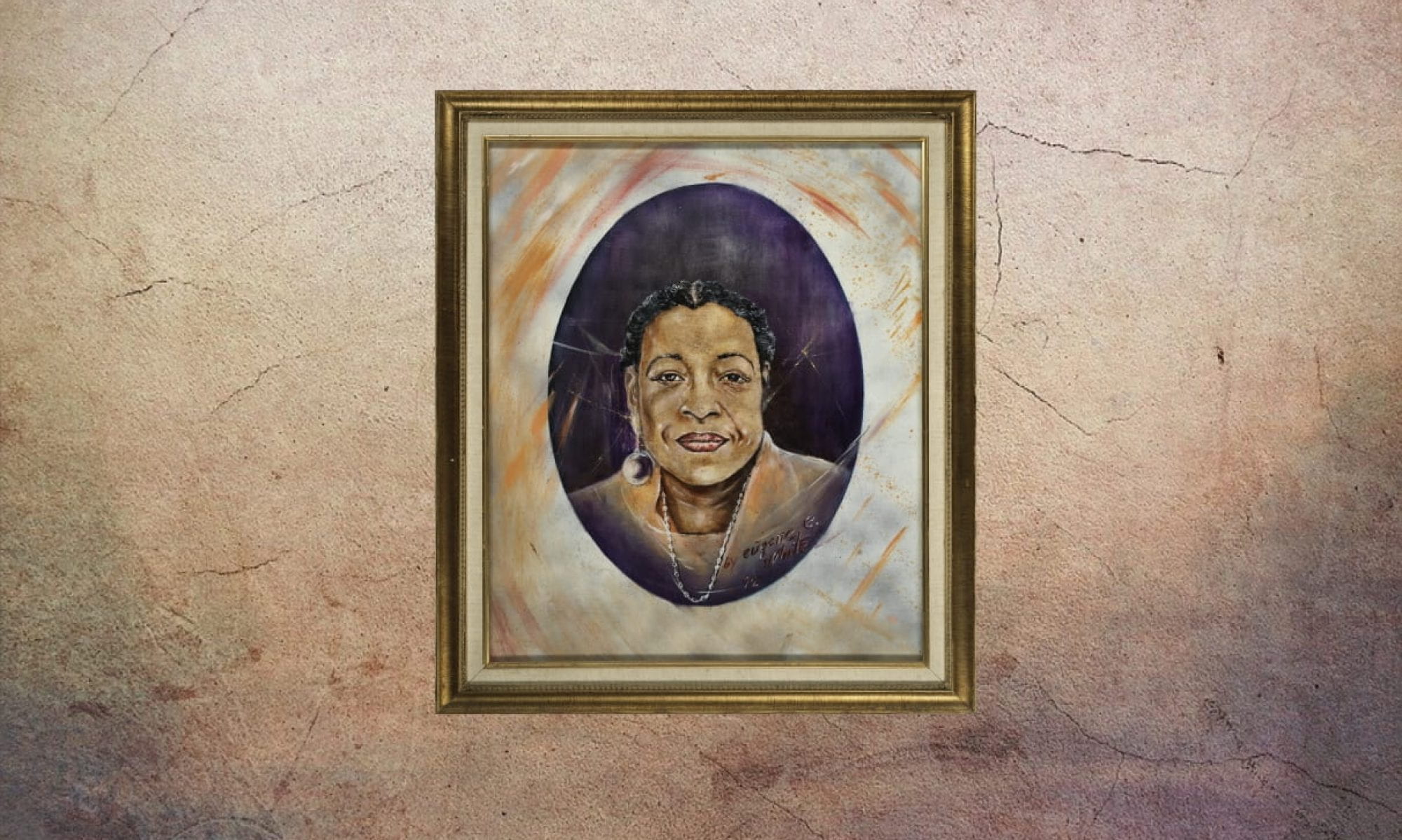
As a civil rights activist and founder of a majority African American police organization, Henry Williams was a key motivator in improving relations between the San Francisco Police Department and black citizens. Born in 1927, Williams’ path to becoming a police officer and changemaker began in his youth (Copeland). He was educated at George Washington High School and after graduation he continued on to San Francisco Community College (Copeland). According to Williams, his first direct encounter with racism began when he enlisted in the Marines during World War II. He repeatedly observed racism and systematic oppression towards black people, but made every effort to translate this experience into improving race relations. After he finished his military service, Williams returned to San Francisco where he witnessed white police officers mistreating and targeting black people (Copeland). This was his motivation for becoming a police officer himself, and in 1952 he integrated himself into the San Francisco Police Department to promote the voice of the oppressed (Copeland).
Henry Williams was the first black police officer to be promoted beyond patrol officer in the city of San Francisco (Copeland). A long overdue achievement, this was one of the many landmarks left in Williams’ wake. He served as a lieutenant and by 1968, had co-founded a primarily black organization within the police department called Officers for Justice (Copeland). This cohort of officers worked to address “the issues of racism and lack of African American promotions [within the police system]” and, with determined aspirations for social change, Williams “was the first president of the organization, which was replicated in other areas across the country” (Copeland). Throughout his three decades of committed service, he received numerous awards, including a certificate he earned in 1967 for “meritorious conduct for his bravery in the line of duty” (Copeland).
As remarkable as his awards were, Williams’ legacy survived through his assertive engagement with the police department and his brave attitude that helped shape a progressive future. As of 2018, gun violence and systematic racism are plaguing our current political climate. The media coverage of these issues has spiked and the conversation is moving to involve everyone. It can be said that Williams is an underrated hero who initiated a disruption in the norm to achieve a greater good for the people. In turn, he inspired current generations to participate in politics and challenge racial constructs. His legacy stands for confronting and reforming systems of segregation. He actively spoke out against police officers using their firearms freely in the line of duty. When he retired, Williams was proud to be able to say that he never used his guns in all his years of service and even dumped them into the ocean (Copeland).
Lieutenant Henry Williams co-founded the Officers for Justice within the San Francisco Police Department.
Williams was a police officer during the postwar era, a time when police brutality was heavily afflicting black communities like the Fillmore and Hunters Point. Civil rights leaders in organizations like the NAACP and the CFCU pushed local government to address relations between police forces and minority groups. Black leaders in local communities lobbied the city, requesting that there be more African American representation in the police force to increase transparency between the parties, especially with struggling African American youth. So in 1956, two African American officers, Henry Williams and Jon Finney, were put into the Juvenile Division of San Francisco Police Department.
During that turbulent time, the Fillmore was a hub for African American businesses and entertainment and Hunters Point, conversely, was largely ignored by the rest of the city. Unemployment and poverty rates were high in correlation with the mounting instances of police brutality (Miller 2). Within his community, Henry Williams observed the destructive nature of this dynamic and officially co-founded Officers for Justice. Williams believed that the problem was rooted within the system itself. Through Officers for Justice, Williams’ aim was to address the racism within the police force and relations between white officers and the black community.
Williams carved a path and molded a future for many minority officers. He was able to work within a system and strive for the betterment of police–civilian relations. Henry Williams’ place on the Inspirations mural was earned through his initiative, courage, and a peaceful approach. His legacy still lives on within the organization he founded and in the battle against police brutality in the city.
— Olivia Walker and Sydney Summers–Knight
Works Cited
Copeland, Carolyn. “Henry Williams—Civil Rights Activist, S.F. Cop.” SFGate. 31 Jul 2011.
Crowe, Daniel. Prophets of Rage: The Black Freedom Struggle in San Francisco; 1945-1969. 112–13. New York: Garland. 2000.
Miller, Paul T. The Interplay of Housing, Employment and Civil Rights in the Experience of San Francisco’s African AmericanCommunity, 1945–1975. 213. 2009.
Miller, Paul T. The Postwar Struggle for Civil Rights: African Americans in San Francisco,1945–1975. 94. New York: Routledge. 2010.
